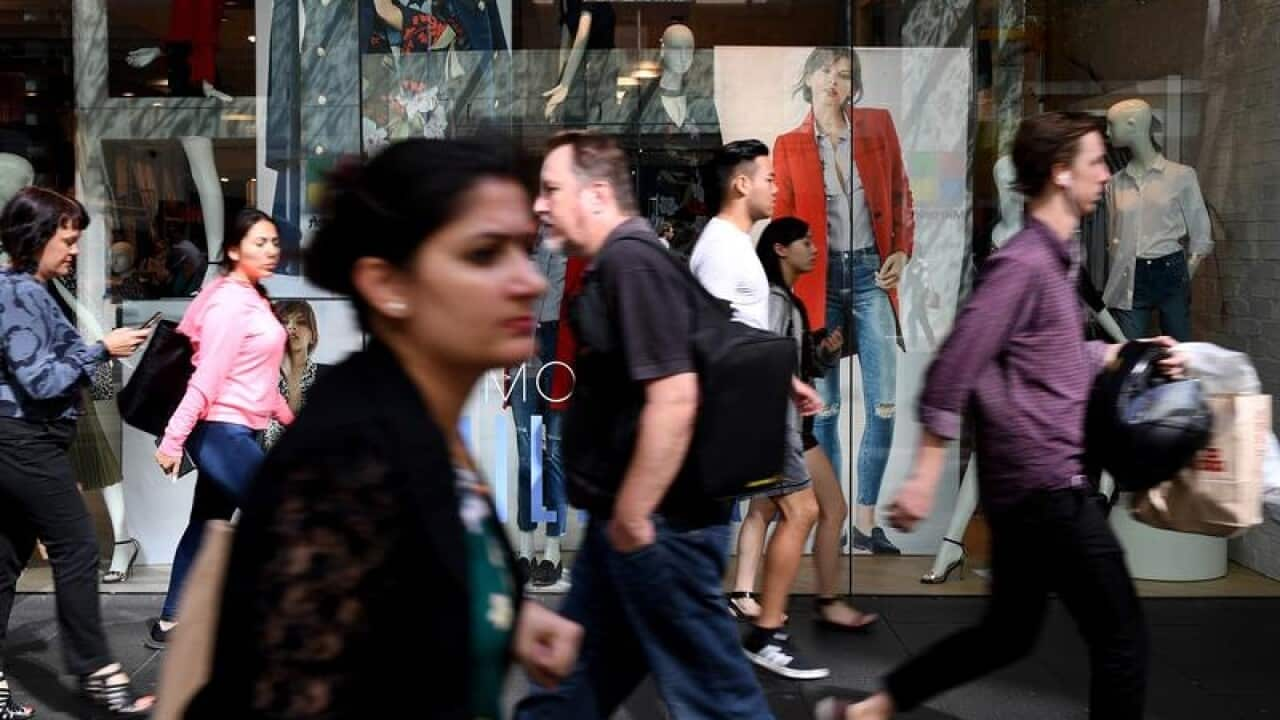Inflation has again undershot expectations and looks likely to keep the Reserve Bank of Australia sidelined on interest rates for some time yet.
The consumer price index rose 0.4 per cent in the three months to June, just short of market expectations of a 0.5 per cent rise, and in line with the first quarter figure of 0.4 per cent, figures from the Australian Bureau of Statistics on Wednesday showed.
The annual headline rate was 2.1 per cent, below market expectations for a 2.3 per cent rise, and at the bottom end of the RBA's two-to-three per cent target range.
AMP Capital chief economist Shane Oliver says a rise in the cash rate from a record low of 1.5 per cent is unlikely before 2020 - in stark contrast to the expected gradual rate hikes in the US - and warned the RBA's next move could even be a cut if conditions worsen.
"We remain of the view that the RBA won't raise interest rates until 2020 at the earliest and, given the weakness in inflation, wages and the Sydney and Melbourne housing markets along with the uncertain outlook for consumer spending, the next move being a rate cut cannot be ruled out," Mr Oliver said in a statement.
CommSec senior economist Ryan Felsman agreed the RBA won't be touching interest rates "any time soon".
The RBA expects underlying inflation to hold near two per cent for the next 18 months, and the bank will revisit its forecast in its next quarterly statement on monetary policy on August 10, Mr Felsman said.
JPMorgan economist Ben Jarman said Wednesday's CPI numbers will reaffirm to the RBA that it has the flexibility to keep the cash rate on hold for a long time and promote gradual improvement in growth.
The biggest inflation rise in the quarter was in the health sector, which rose 1.9 per cent, due to the annual increase in private health insurance.
Transport prices rose 1.6 per cent on the back of higher fuel prices, while alcohol and tobacco prices were also up 1.6 per cent, primarily on the back of a rise in tobacco.
The largest fall in prices was communication with a 1.3 per cent drop as consumers continue to shift away from tradtional services to mobile, followed by recreation and culture, and food and non-alcoholic beverages - down 0.4 per cent.
Underlying inflation, which strips out volatile price movements, was up 0.5 per cent in the second quarter of 2018, and the annual rate was up 2.2 per cent.
The Australian dollar has fallen since the release of the data, trading at 74.01 US cents at 1313 AEST, after being at 74.37 US cents just before the figures were released.

